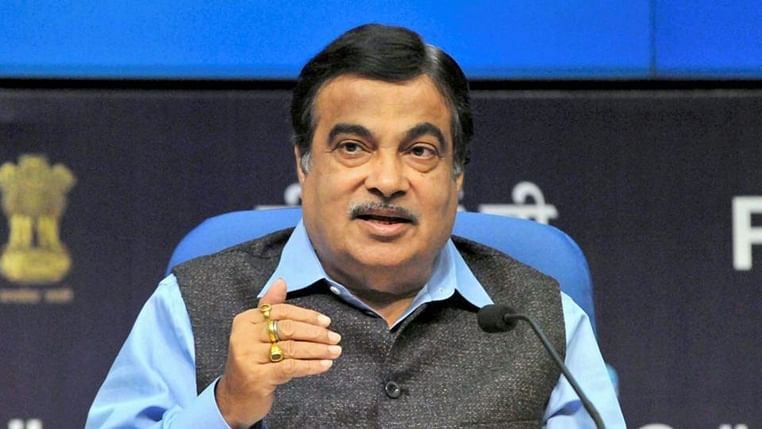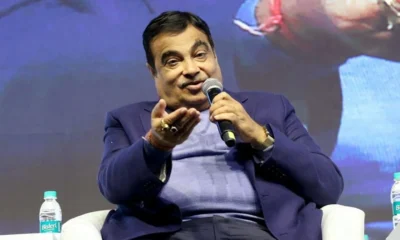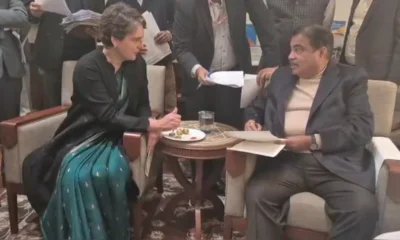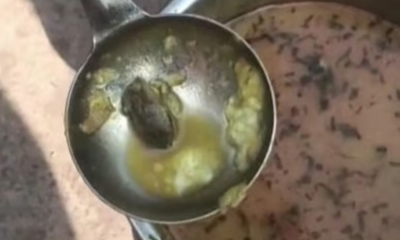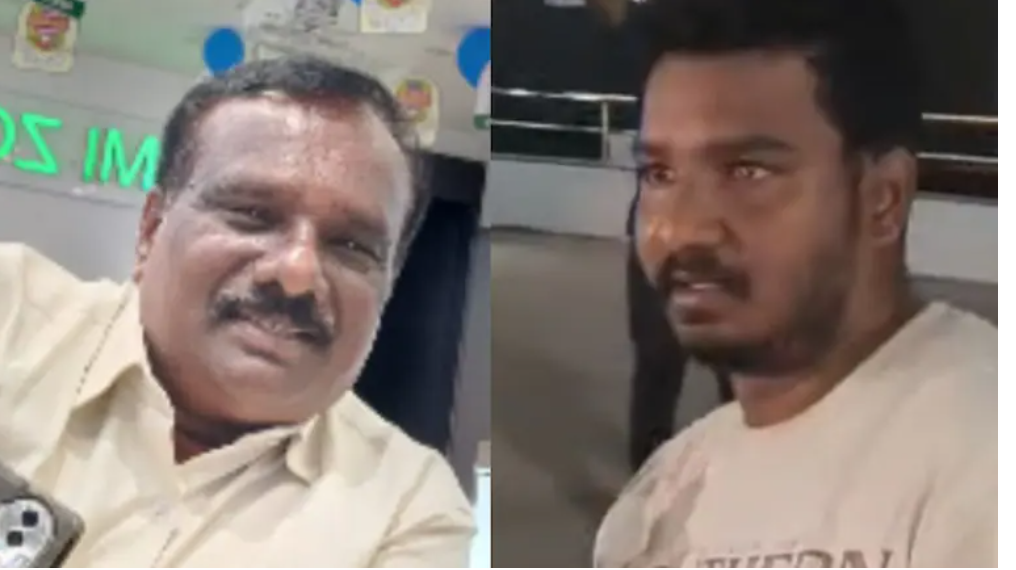India is facing the worst water crisis in its history, with about 60 crore people facing high to extreme water stress and about 2 lakh people dying every year due to inadequate access to safe water, said a Niti Aayog report on Thursday.
According to the report, ‘Composite Water Management Index’ (CWMI), the crisis is only going to get worse. “By 2030, the country’s water demand is projected to be twice the available supply, implying severe water scarcity for hundreds of millions of people and an eventual 6 per cent loss in the country’s GDP,” the report noted.
Released by Minister for Water Resources Nitin Gadkari, the report pointed out that with nearly 70 per cent of water being contaminated, India is placed at 120th among 122 countries in the water quality index.
Citing data by agencies like Dalburg Analysis, FAO and UNICEF, the report said 40 per cent of population will have no access to drinking water by 2030 and 21 cities, including New Delhi, Bengaluru and Hyderabad, will run out of groundwater by 2020, affecting 100 million people.
“Currently, 600 million Indians face high to extreme water stress and about two lakh people die every year due to inadequate access to safe water,” Niti Aayog said in the report. It stressed that there is an imminent need to deepen understanding of water resources and usage.
NITI Aayog has ranked all states in the index on the composite water management, comprising 9 broad sectors with 28 different indicators covering various aspects of ground water, restoration of water bodies, irrigation, farm practices, drinking water, policy and governance.
For the purposes of analysis, the reporting states were divided into two groups — ‘North Eastern and Himalayan states’ and ‘Other States’ — to account for the different hydrological conditions.
Gujarat was ranked number one in efficient management of water resources in the CWMI report for reference year 2016-17. In the index, Gujarat is followed by Madhya Pradesh, Andhra Pradesh, Karnataka and Maharashtra.
As per the report, in the northeastern and Himalayan states, Tripura was ranked as the top state followed by Himachal Pradesh, Sikkim and Assam.
Jharkhand, Haryana, Uttar Pradesh and Bihar are the worst performing states in water management, according to the report. Home to over 600 million people, these low performing states also account for 20-30 per cent of India’s agricultural output.
The poor performance of these states on the Index highlights a significant water management risk for the country going forward, the report added.
“Given the combination of rapidly declining groundwater levels and limited policy action…this is likely to be a significant food security risk for the country,” the report says.
On the other hand, the index noted, several of the high and medium performers — Gujarat, Madhya Pradesh, Andhra Pradesh, Karnataka, Maharashtra and Telangana — had faced droughts in recent years. Therefore, a lack of water was not necessary grounds for States not initiating action on conservation. Most of the gains registered by the States were due to their restoration of surface water bodies, watershed development activities and rural water supply provision.
The government claimed that the CWMI is an important tool to assess and improve the performance of states/ Union territories in efficient management of water resources.
Gadkari said that water management is a big problem and the states that have done well have also performed better in the agriculture sector. He said that to deal with the problem of air pollution and water management in Delhi, he would call a meeting with the Delhi Chief Minister.


 India News11 hours ago
India News11 hours ago
 India News10 hours ago
India News10 hours ago
 India News1 hour ago
India News1 hour ago
 Cricket news47 mins ago
Cricket news47 mins ago




